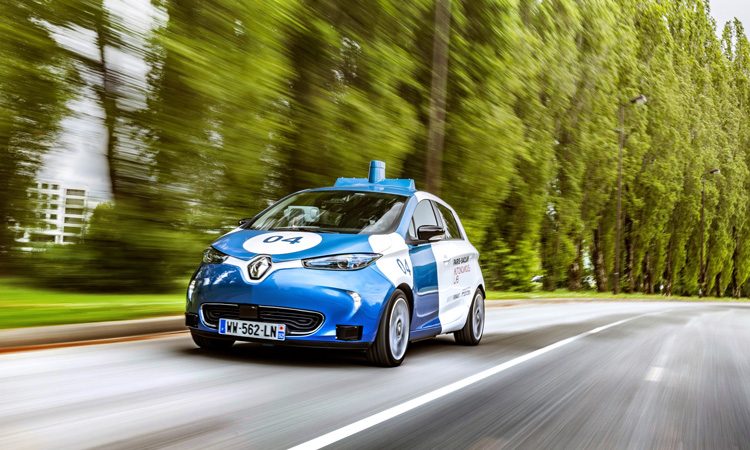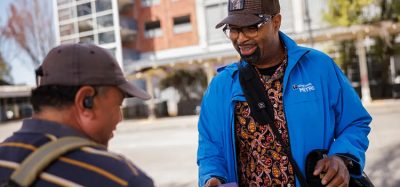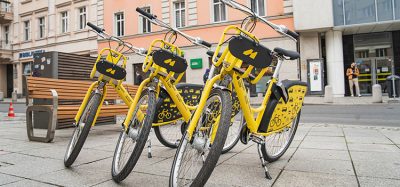Groupe Renault commences trial of on-demand, electric autonomous taxi service
- Like
- Digg
- Del
- Tumblr
- VKontakte
- Buffer
- Love This
- Odnoklassniki
- Meneame
- Blogger
- Amazon
- Yahoo Mail
- Gmail
- AOL
- Newsvine
- HackerNews
- Evernote
- MySpace
- Mail.ru
- Viadeo
- Line
- Comments
- Yummly
- SMS
- Viber
- Telegram
- Subscribe
- Skype
- Facebook Messenger
- Kakao
- LiveJournal
- Yammer
- Edgar
- Fintel
- Mix
- Instapaper
- Copy Link
Posted: 16 October 2019 | Intelligent Transport
The public trial will take place on the Paris-Saclay urban campus, and participants have been selected to represent a general university campus population.


Between the 14 October and 8 November 2019, 100 people will trial Groupe Renault’s on-demand car service as part of the ‘Paris-Saclay Autonomous Lab’ project, on the Paris-Saclay urban campus.
The trial is part of Groupe Renault’s involvement in the exploration of an autonomous mobility service between Roissy-Charles de Gaulle Airport and La Défense, Paris.
The daytime service, using electric, autonomous and shared Renault ZOE Cab prototypes, will allow the panellists to move freely around the Paris-Saclay urban campus, designed to mimic everyday mobility. Options include travelling to one of the schools or laboratories on the campus, going somewhere for lunch or to play sports.
Two vehicles will be in service on the Paris-Saclay urban campus throughout the entirety of the four-week public trials. The vehicles include individual screens that give notifications about disruptions and arrival times, speakers for music and USB ports for device charging. One vehicle includes ‘separate compartments’ for passengers, and the other with the passenger seats facing each other, which is designed to be in line with the service’s car-sharing ethos.
The smartphone app, Marcel Saclay, was designed specifically for the ZOE Cab experiment, and it enables users to hail a car when they require, as well as book one in advance. Users indicate their position, destination and how many passengers they are booking for.
The ZOE Cab can also stop – if required – to pick up another passenger for either the remainder of the trip or part thereof.
Depending on where the user is on campus when they place their booking, the app will direct them to the nearest meeting point and provide an estimated time of arrival for the vehicle.
The service is designed to provide considerable coverage of the campus with 12 pick-up/drop-off points that were chosen for their proximity to the most frequented areas and because they will not disrupt traffic.
At the end of the trial period, participants are asked to share feedback about their experience and what they think about the overall service, the mobile booking app, vehicle comfort levels and on-board services.
Related topics
Alternative Power, Connected & Autonomous Vehicles, Intelligent Transport Systems (ITS), Journey Planning, Mobility Services, On-Demand Transport, Passenger Experience, Sustainable Urban Transport
Related modes
Autonomous vehicles, Taxi
Related cities
Paris
Related organisations
Groupe Renault, Paris-Saclay








